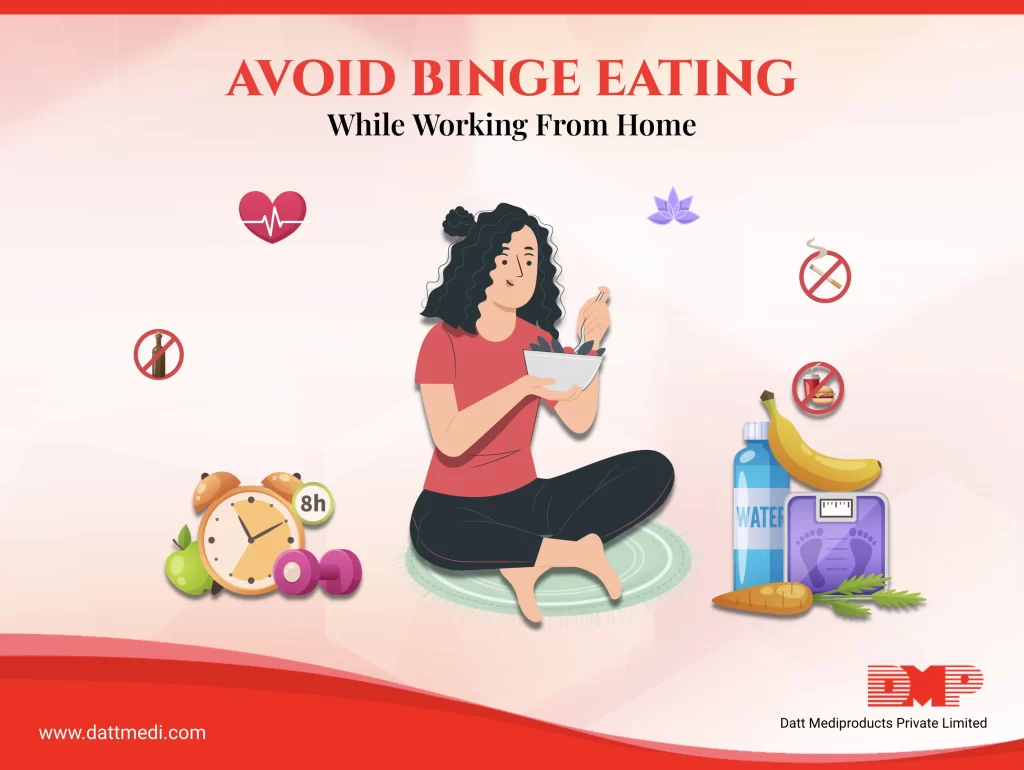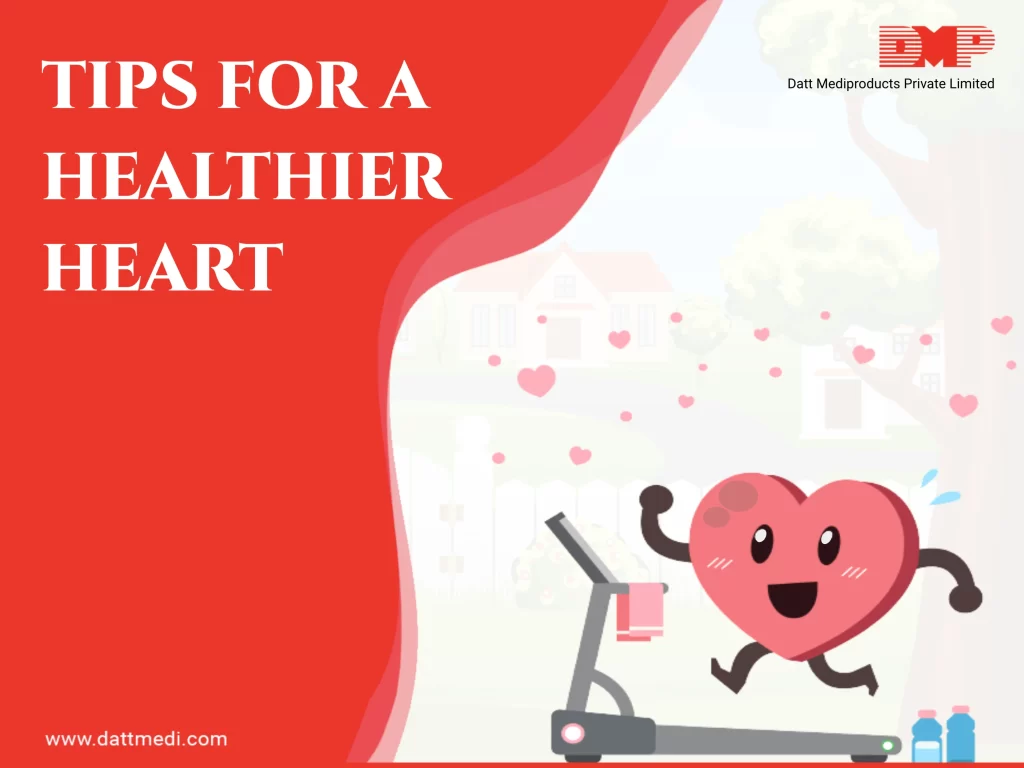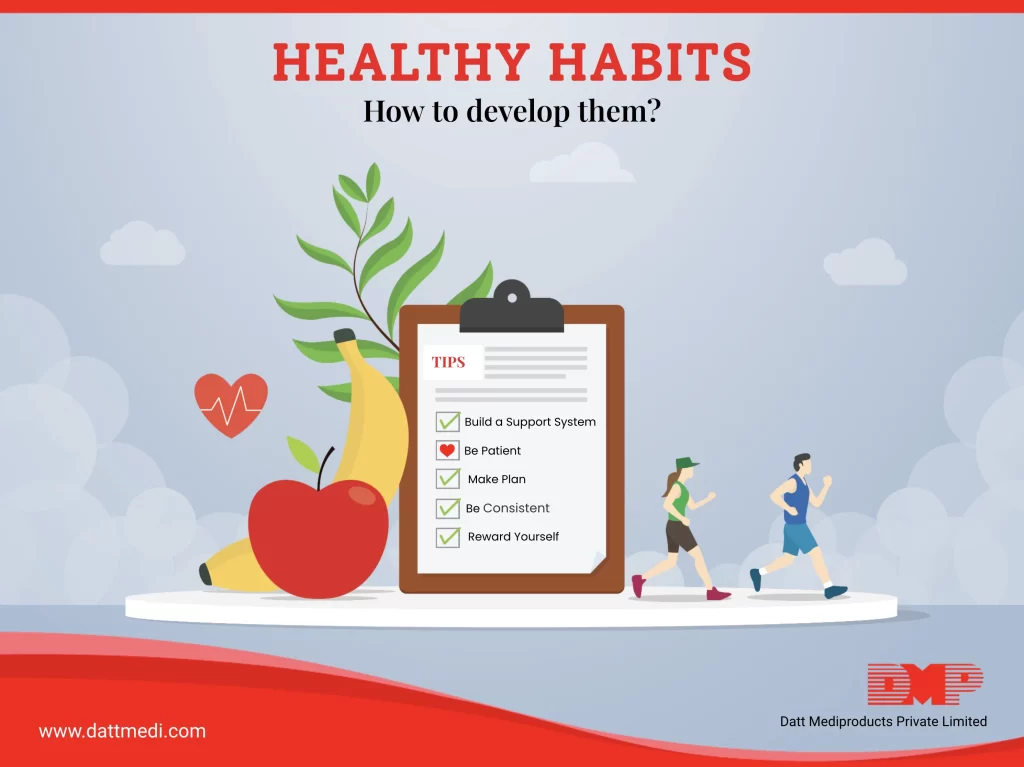
The ongoing covid-19 global pandemic is affecting our lives in a number of ways. Most of us have been spending a majority of our time at home. It can sometimes be hard to keep a balance on all aspects when working from home.
The easiest thing to give into, while stuck at home, is finding ways to satisfy our taste buds. It may be by cooking more sweets at home or snacking quite frequently.
Keeping a check on daily nutrition intake can be a tough job for some. Eating just because there is plenty of food available or because you are bored can sabotage your weight loss dreams and slow down your productivity. When you frequently consume large quantities of food and face barriers to stop eating, this could lead to what is known as “Binge-eating disorder”.
Everyone indulges in overeating once in a while but when it starts to become more frequent it can lead to the disorder. Sometimes when we are working from home, we’re not fully aware of what we’re eating because our mind is primarily focusing on the work we are doing. To keep a check on binge eating and save yourself from obesity, be mindful while eating. It is easier to overeat when you’re distracted so put away all other distractions when eating and concentrate on your meal.
Mindful eating encompasses you being fully attentive towards your food when you buy, prepare, serve and consume it.
We bring to you some healthy ways towards mindful eating and avoid binge eating.
HEALTHY PANTRY:
Don’t stock your pantry like a grocery market rack or a vending machine. This way you will eat more because you have an option to do so. Try to replace junk food with healthy options whether snack foods or a complete cereal meal. Consider the health/ nutrition value of every item you have on your grocery list.
EAT MEALS AT REGULAR INTERVALS:
Even though your work hours have changed, plan set times for your meals. With intervals of 4-5 hours, planning the main meals during same time of each day helps to control hunger and subsides the urge to snack all day long.
LIMIT YOUR PORTION SIZE:
Make sure that you don’t eat straight out of the bag or original snack pack. If you do so, you may find it really hard to control portions intake. The Healthy Plate Method may be followed for main meals of the day. This encompasses filling a 9-inch plate with non-starchy vegetables, one-fourth the plate with a lean protein and one-fourth the plate with a high fiber carbohydrate.
TAKE SMALL BITES & CHEW THOROUGHLY:
Take small bites while eating as it’s easier to taste & enjoy your food when mouth isn’t full. Chew thoroughly to taste the essence and be surprised at all the flavours released. It is recommended to chew your food between 20-40 times.
KEEP WORK AREA & FOOD SEPARATELY:
Try and keep your work area away from the kitchen. If your fridge or pantry area is in your line of vision, you would be more frequently tempted to go and check out what’s available for binging.
STAY HYDRATED:
Dehydration can make you fatigue and cause headaches, in turn affecting productivity. Just keep a water bottle handy near your work area like you do in your office.
We understand that mindful eating takes practice. In a nutshell, you can strive to eat more slowly, chew thoroughly, detach yourself from distractions, and stop eating when you’re almost full.




